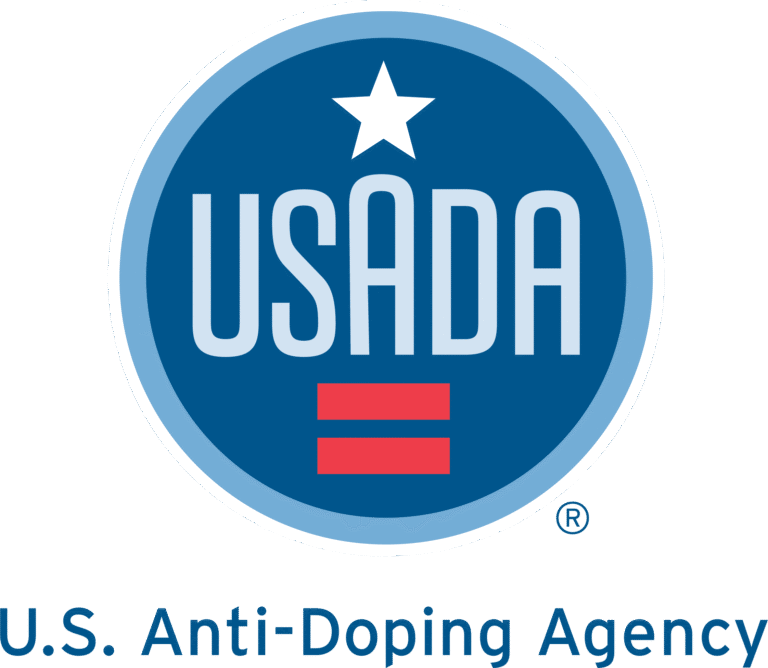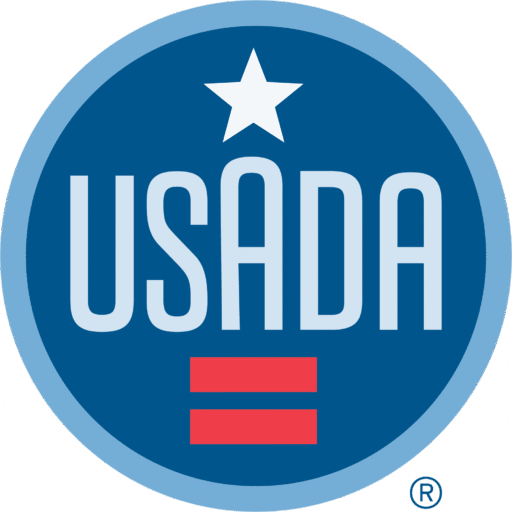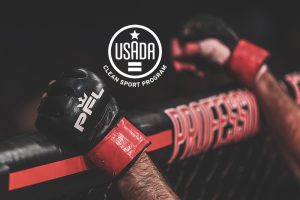The WADA Prohibited List includes four substances that are considered “substances of abuse,” and the WADA Code has special rules for how cases should be resolved if an athlete tests positive for one of those substances.
Keep reading to learn more.
What are substances of abuse?
Under the WADA Code and Prohibited List, WADA has identified a category of substances called Substances of Abuse, which are substances that are both prohibited in-competition and frequently abused in society outside of sport. These substances may also be addictive.
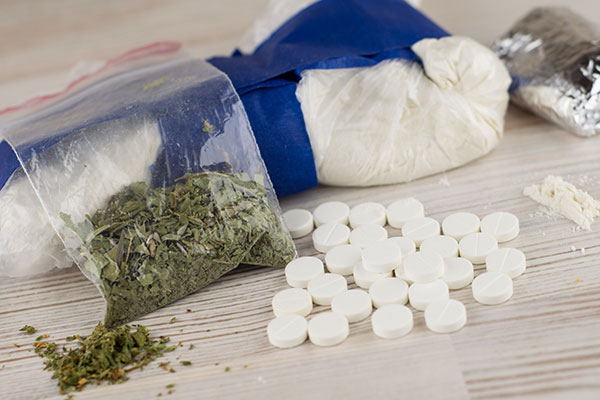 These include:
These include:
- Cocaine (S6. Stimulants)
- Heroin (S7. Narcotics)
- MDMA (ecstasy) (S6. Stimulants)
- THC (tetrahydrocannabinol) (S9. Cannabinoids)
The reason for this change is to allow more flexibility in how athletes are sanctioned if the positive test is related to substance abuse, as opposed to an attempt to enhance performance. Athletes will be tested exactly the same way as before, and these substances will still only be tested for in-competition.
Cocaine in Coca Tea
Athletes are reminded that the ingestion or chewing of coca can result in a positive test for cocaine, a substance prohibited in-competition. The leaves of the coca (Erythroxylum coca) bush naturally contain the stimulant used to make cocaine.
In some South American countries, it is possible to obtain teas or other food products made with coca leaves. Several research studies have shown that the consumption of coca tea or the use of other forms of coca can result in the presence of cocaine and cocaine metabolites in the urine. Cocaine is prohibited in-competition. Athletes should avoid coca in any form in the lead up to, and during, competition.
Keep in mind that coca is different from cocoa (not prohibited), which comes from cacao seeds and is used in making chocolate, cocoa, and cocoa butter.
Will it still be an anti-doping rule violation to test positive for a substance of abuse?
Yes, athletes may still receive an anti-doping rule violation if they test positive for a prohibited substance in the Substances of Abuse category. USADA only tests for cocaine, heroin, MDMA, and THC in-competition. USADA does not test for these substances out-of-competition. The designation of substance of abuse only affects the resolution of the case during the results management process, including the length of the resulting sanction.
How will Substances of Abuse be treated differently in the results management process?
If an athlete tests positive for a substance of abuse during an in-competition test, but the athlete can establish that they used the substance out-of-competition and that their use of the substance was unrelated to sport performance, then the athlete’s period of ineligibility will be reduced to three months with no need to further analyze the degree of fault. The period of ineligibility can be further reduced to one month if the athlete completes a substance of abuse treatment program that is approved by USADA.
Why aren’t more things on the Prohibited List considered Substances of Abuse?
The WADA Prohibited List Expert Committee has selected the substances they feel are the highest priority for designation as Substances of Abuse.
Can I get a TUE for a substance of abuse?
It may be possible for athletes to obtain a TUE for the use of cannabinoids if the athlete is able to satisfy strict criteria in the International Standard for Therapeutic Use Exemptions (ISTUE). The most well-studied medical use of cannabinoids is for the management of chronic pain conditions, predominantly neuropathic pain. Some cannabinoid preparations contain THC, which is designated as a substance of abuse.
More questions?
For questions about specific products, substances, and methods, contact USADA’s Drug Reference Line at drugreference@usada.org or call (719) 785-2000, option 2.
